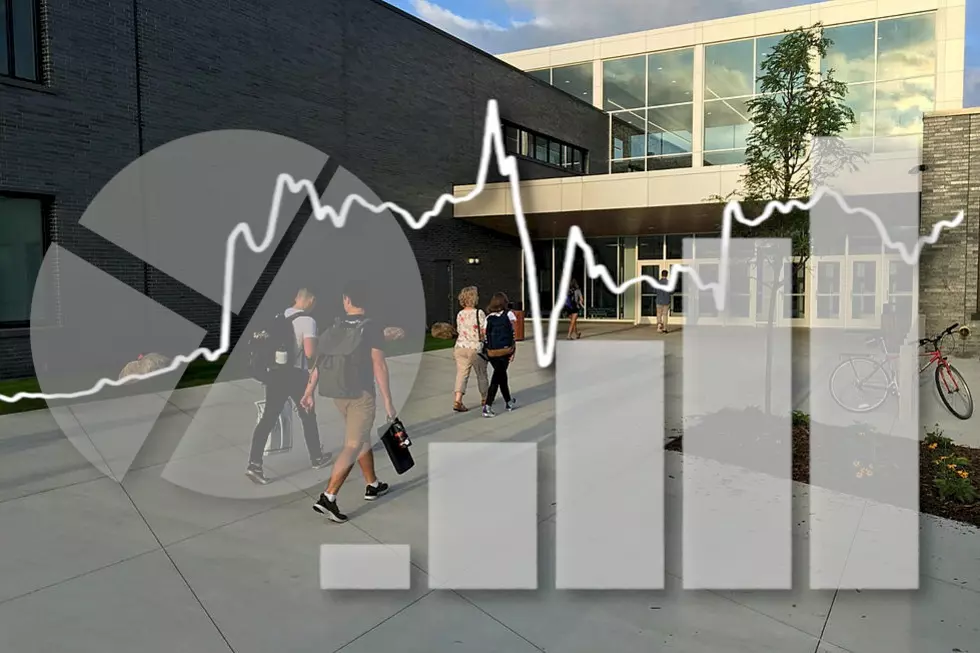
Beyond Medication: Aurora’s Comprehensive Approach to Psychedelic Healing
Pictured left to right are: Psychiatric Nurse Practitioner Juli Black, MSN, RN, PMHNP-BC; Provider and CEO Dr. Paul Colligan; and CFO and Provider Michael Singh.
Paid Content
As more physicians begin using ketamine as a treatment for depression, anxiety, and other mental health disorders, more patients are sharing their experiences online.
One patient, whose story was posted anonymously on the American Society of Ketamine Physicians, Psychotherapists, and Practitioners (ASKP) website, described how she started ketamine infusion therapy after struggling with depression, anxiety, and post-traumatic stress disorder since childhood. She decided to try ketamine as her symptoms persisted despite years of intensive therapy and traditional anti-depressant medications.
"After the series of six loading sessions, I honestly felt like a different person," the patient wrote. "While I was not out of the depression completely, it felt like a cloud had been lifted off my subconscious. For the first time in years, I had real feelings, and later had to even relearn how to manage my emotions in a healthy way."
She was able to complete emersion therapy, which wasn't an option before because her depression and anti-depressant made it difficult to access her emotions, which is a key part of emersion therapy. She has maintenance infusions every 6-8 weeks but reports that her depression is "incredibly well managed now."
This patient speaks of seeing multiple health care providers throughout the process, but here in the St. Cloud area, Aurora Mental Health & Wellness is streamlining services so patients can address oral medication management and ketamine treatment all in one building.
Their practice includes two Anesthetists and two psychiatric nurse practitioners, so patients can receive diagnostic assessments, oral medication management, Spravato, and ketamine therapy all under one roof. Spravato is a nasal spray form of ketamine.
How Ketamine Works Differently Than Traditional Anti-Depressants
Research shows that 70 percent of ketamine patients see significant improvement in symptoms of treatment-resistant depression after the initial six loading doses, compared with the 40 percent success rate for traditional anti-depressants, said Dr. Paul Colligan, CEO and a provider at Aurora. After starting ketamine infusions, many patients reduce or stop their oral medications in collaboration with their medical providers, while others continue both forms of treatment.
One of the ways medical professionals believe ketamine works is by blocking a specific receptor in the brain, the N-methyl-D-aspartate (NMDA) receptor, while most oral antidepressants block the reabsorption of serotonin, dopamine, and similar brain chemicals.
Here are some other working theories on ketamine's acting mechanisms and benefits:
1) Synaptic Plasticity: Ketamine has been shown to promote synaptic plasticity, which refers to the brain's ability to reorganize its neural connections in response to learning and experience. This effect may help to reverse the atrophy of certain brain regions associated with depression and other mood disorders.
2) Rapid Onset of Action: Unlike traditional antidepressants, which often take weeks to months to produce noticeable effects, ketamine can alleviate symptoms of depression within hours to days after administration. This rapid onset of action is particularly beneficial for individuals experiencing severe depression or suicidal thoughts.
3) Anti-inflammatory Effects: Some studies suggest that ketamine may have anti-inflammatory properties, which could be relevant since inflammation has been implicated in the development of mood disorders. By reducing inflammation in the brain, ketamine may help to improve mood and cognitive function.
How Patients Describe Ketamine Treatment
While ketamine can have a dissociative effect, the nature of it varies widely. The anonymous patient from the ASKP website shares both positive and negative experiences she had dissociating during treatments, as well as techniques she used to try to manage it. Click here to read her whole story.
"I share my story because I believe it is important to destigmatize these health conditions and provide context around new treatments that are life-changing for many," she wrote. "I was a skeptic turned believer when it comes to what ketamine could do to help alleviate the worst of my mood disorders and hope others find this story empowering enough to start their own journey to better selfcare."
Meanwhile, a qualitative study of 13 British patient experiences had patients describing everything from sleepiness to an out-of-body experience and extreme happiness. Some reported heightened sensitivity to colors and sounds during the treatment and shortly afterward.
Overall, some patients reported feeling motivated to work toward goals and socialize again. Others mentioned reframing thoughts.
"Almost as if it rewired the brain very quickly and it kind of just matched things up the way they should be, rather than what they felt they were," one British patient reported.
IV Solution Ketamine Centers of Chicago also has six video testimonials on their website where patients share their mental health care experiences. Click here to view them.
Here in the St. Cloud area, if you're wondering whether Aurora's comprehensive approach to oral medication management and ketamine therapy is right for you, visit the Aurora Mental Health & Wellness website or call 320-390-7338 to schedule a consultation.
Sources and Additional Resources
- Aurora Mental Health & Wellness FAQs
- ASKP's patient perspectives
- A Qualitative Study of Patients' Experience of Ketamine Treatment for Depression: The ‘Ketamine and Me’ Project
- Unpacking the Science: How Aurora's IV Ketamine Therapy Revolutionizes Mental Health Care
- What's Old is New Again: The History of Psychedelics in Medicine and Wellness
More From AM 1240 WJON









